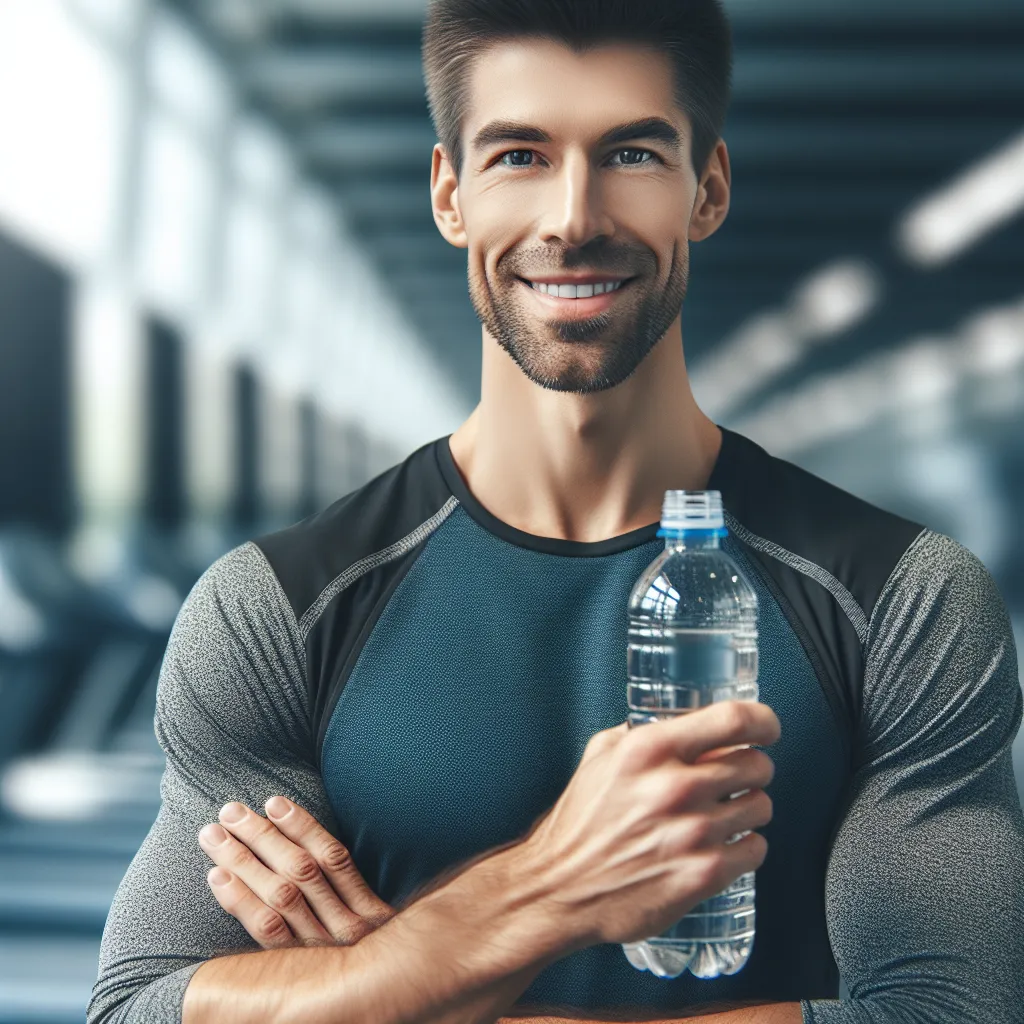Importance of Hydration for Athletes
Proper hydration is crucial for athletes to perform at their best and maintain their overall health. Hydration plays a vital role in regulating body temperature, lubricating joints, and transporting nutrients throughout the body. Dehydration can significantly impact an athlete’s performance, leading to decreased endurance, diminished strength, and impaired cognitive function. It’s essential for athletes to understand the importance of maintaining proper fluid balance to optimize their athletic performance and recovery.
Best Practices for Hydrating During Exercise
When it comes to athletic performance, proper hydration is absolutely essential. Athletes should follow best practices for hydrating during exercise to ensure peak performance and prevent dehydration. One key practice is to drink fluids before, during, and after exercise. Before starting, it is recommended to consume around 17-20 ounces of water or a sports drink about 2-3 hours before exercise. During the activity, it’s important to drink 7-10 ounces of water every 10-20 minutes, especially in high-intensity or prolonged workouts. After finishing, replenishing fluids is vital, and consuming at least 8 ounces of water within 30 minutes of finishing the exercise is recommended. Another best practice is to listen to your body’s signals and drink according to your thirst. Monitoring urine color can also help determine hydration status, aiming for pale yellow urine as a sign of proper hydration. Overall, staying properly hydrated during exercise is crucial for athletes to maintain performance, regulate body temperature, and prevent fatigue and dehydration.
Tips for Choosing the Right Sports Drink
When it comes to staying hydrated during intense physical activity, choosing the right sports drink is essential for athletes. With so many options available on the market, it’s important to consider the specific needs of your body to make the best selection. Here are some tips for choosing the right sports drink:
1. Electrolyte Content: Look for a sports drink that contains essential electrolytes such as sodium, potassium, and magnesium. These minerals are lost through sweat during exercise and need to be replenished to maintain proper hydration and muscle function.
2. Carbohydrate Levels: Consider the carbohydrate content of the sports drink, as it can impact performance during prolonged exercise. For endurance activities, a higher carbohydrate concentration may be beneficial, while lower-intensity workouts may require less emphasis on this component.
3. Fluid Absorption: Opt for a sports drink that is formulated for optimal fluid absorption. This can help ensure that the body retains the necessary hydration to support performance and recovery.
4. Personal Preference: Take into account your personal taste preferences and any sensitivities to certain ingredients. Experiment with different flavors and brands to find a sports drink that you enjoy drinking and that agrees with your digestive system.
By considering these factors, athletes can make an informed decision when choosing the right sports drink to support their hydration needs during training and competition.
Hydration Strategies for Peak Athletic Performance
Hydration is a crucial aspect of peak athletic performance, and implementing effective hydration strategies is essential for athletes to perform at their best. Proper hydration is not only about drinking water, but also about replenishing electrolytes and fluids lost through sweat during intense physical activity. Dehydration can lead to decreased performance, increased fatigue, and a higher risk of heat-related illnesses, making it imperative for athletes to prioritize their hydration needs.
One of the key hydration strategies for athletes is to start hydrating well before the actual workout or competition. Pre-hydration allows the body to top-up its fluid and electrolyte levels, ensuring that athletes begin their physical activities in a well-hydrated state. During exercise, it’s important to consume fluids at regular intervals, aiming to replace the sweat losses to maintain proper hydration levels. Sports drinks containing electrolytes can be particularly beneficial for athletes engaged in prolonged, intense workouts, as they help in replenishing the sodium, potassium, and other minerals lost through sweat.
Post-workout hydration is equally critical. Rehydration should focus on replacing any fluids and electrolytes lost during the exercise. Including a source of protein in the post-workout hydration plan can also aid in muscle recovery and replenishment. Monitoring hydration status through urine color, body weight changes, and thirst sensations can assist athletes in determining their individual fluid needs and adjusting their hydration strategies accordingly.
In conclusion, implementing effective hydration strategies, including pre-hydration, fluid intake during exercise, and post-workout rehydration, is vital for athletes to achieve and maintain peak performance. By prioritizing hydration and understanding their individual fluid and electrolyte requirements, athletes can optimize their performance and minimize the risk of dehydration-related complications.


